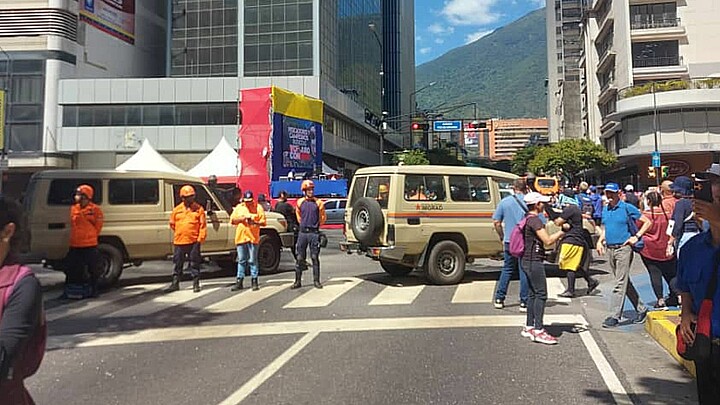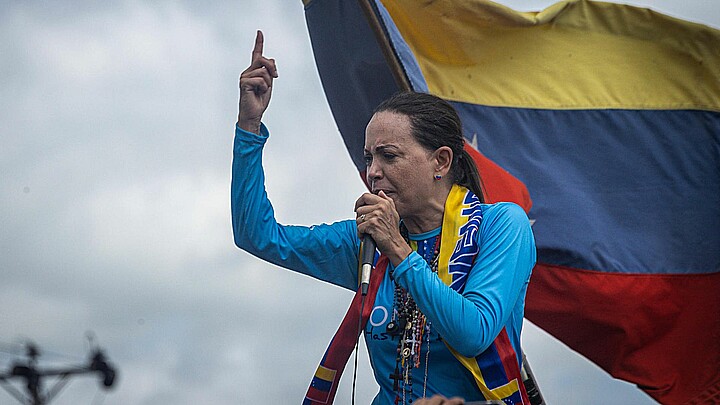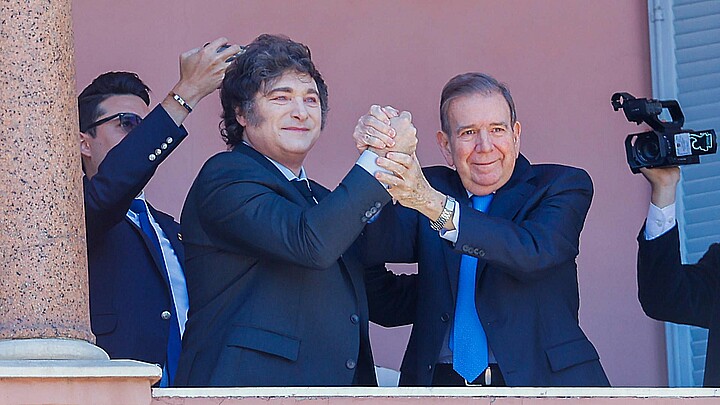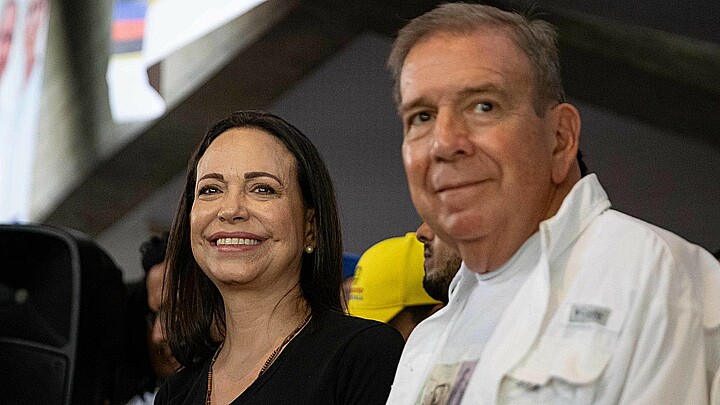Politics
Venezuela reverses decision to invite EU observers for 2024 presidential elections
“There won't be any observation mission from Europe while we are the representatives of the Venezuelan state. They will not come," said Jorge Rodriguez, president of the government-allied National Assembly
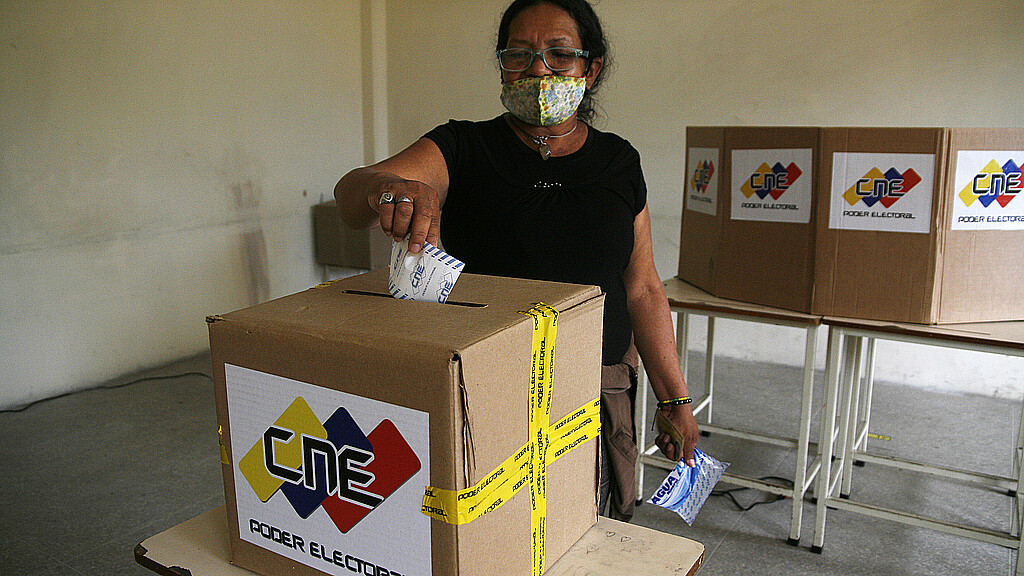
July 14, 2023 8:31am
Updated: July 14, 2023 8:31am
The Venezuelan congress reversed its earlier pledge to allow election observers from the European Union to participate in upcoming 2024 elections, a top lawmaker announced Thursday.
The move effectively nixes the regime's previous invitation to European observers for a regional vote in 2021, a gesture which created the brief hope there would be an actual election process.
Those hopes were dashed however, when the Maduro controlled congress did a complete reversal on Thursday, saying the European observers were no longer welcome, dismissing more than 20 recommendations on voting integrity and transparency measures for future elections.
“There won't be any observation mission from Europe while we are the representatives of the Venezuelan state. They will not come," Jorge Rodriguez, president of the government-allied National Assembly said during the body's regular Thursday session.
Rodriguez called the EU observers “representatives of an archaic, murderous, imperial Europe.”
Venezuelan President Nicolas Maduro is expected to participate in the presidential elections held on Dec. 6 of this year against a candidate chosen by the opposition, which is holding a primary in October.
However, the opposition has claimed that the elections in the South American country are undemocratic, as many of its top candidates have been barred by the regime from holding public office ahead of the elections.
The move to prevent EU observers from participating in the elections this year comes after a mission from the European Parliament called Maduro’s actions against opposition members “arbitrary and unconstitutional” during a meeting with Venezuelan officials in Caracas.
It also came after opposition candidates such as María Corina Machado saw a quick spike in their popularity ahead of primaries scheduled for October.
The Congress's decision to bar European observers comes after a regime orchestrated reorganization of the electoral body, placing Maduro allies in key positions to vote in favor of the dictator's policies.
"The EU's policy towards Venezuela remains unchanged: the conditions do not currently exist for a free, fair, and democratic electoral process to take place," the EU said at the time.
In 2021, Maduro was re-elected as president of Venezuela in a controversial straw election that was widely viewed by the international community as fraudulent.
The EU sent electoral observers to the elections, a move it had not done since 2006. After the elections, the electoral mission issued a document with over 20 recommendations to increase voting transparency for future elections.
However, the Maduro regime called the observers “spies” and had them leave the country before their scheduled departure, rising tensions between the EU and the South American country.

